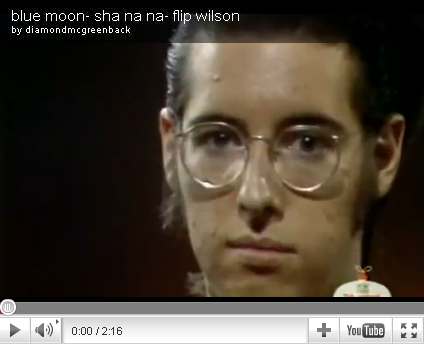Faculty Spotlight

Dr. Bruce Clarke
Horn Professor,
Department of English
Connections: How would you describe or define the scholarly pursuits that have brought you Horn Professor recognition?
Dr. Clarke: Shortly after getting tenure in 1988, two events produced an auspicious change in my scholarly field: I read the books The Lives of a Cell and Chaos: Making a New Science, and then I attended my first meeting of the Society for Literature and Science. Pretty soon I hitched my academic wagon to this new orientation, and over time transformed myself from a traditional scholar of Romantic and modernist literature into a new sort of wide-angled interdisciplinarian. I stayed with the SLS, eventually helped it turn into the SLSA by adding “the Arts” to its name, and was elected to the presidential track in 2002. I had found a fertile new field to work and a congenial group of national and international colleagues to work with. Publication opportunities opened up, and something good always came out of attending the European meetings. Texas Tech supported this activity by defraying a lot of the expenses, and the Department of English gave me the space to develop fairly radically beyond the British lit person it hired in 1982.
Connections: How have these pursuits been recognized in the US and around the world?
Dr. Clarke: Well, primarily through book publications, which have gradually become easier to place with presses; through invited lectures, which I have enjoyed more frequently in the last decade; and most recently, by the invitation from IKKM—in English, the International Research Institute for Cultural Technologies and Media Philosophy--to be a Senior Fellow at the Bauhaus University Weimar. I just returned earlier this week from six months in residence there. While in Europe, thanks to colleagues I had already made, I was invited to speak in Austria, Switzerland, and France, as well as to the German Society for Media Studies. While all this was going on, I also got an invitation to speak last November at a meeting on “Biodiversity and Art” at the University of Western Australia in Perth, which is by far the most far-away place I've ever been.
Connections: Are there social goals or issues that are best addressed by your efforts or that drive your efforts?
Dr. Clarke: My goals are intellectual. There are new ways of thinking that I personally support, and that my writing hopes to make productive, to model for others. One obvious point is that the humanities and the sciences have everything to do with each other, and the sooner we get over the notion that they are in separate worlds, the sooner we can think more clearly about the world. We continue to think in fragments, when what we need to do is think in terms of systems within which there are no fragments, but only multiple orders of interconnectedness. Literature on its own expands the mind in the right direction, and trains the astute reader in ways of empathy and creativity. Now, put that together with some detailed knowledge of the particular rigors of scientific thought, within a vision of culture as a whole system. Now we're a lot closer to the possibility of truly thoughtful, possibly workable stances toward “social issues.”
Connections: Did your musical past help to shape, inform, or develop your scholarly accomplishments?
Dr. Clarke: My having had an unlikely early run with a successful musical act during my undergraduate years had no direct effect on my academic career, as near as I can tell. I never mentioned it on my vita. But the academic grapevine sent out continuing tendrils: after a while I found that word of my rock-and-roll past often preceded me. And there are perhaps a few points of incidental contact. In my early career I concentrated on poetry, the most lyrical or musical side of literature. Then again, as a bass player, you attend not to the detail of the melody but to the pattern of the chords. I've always thought that this informal training in chord progressions lay in back of, or laid down a framework for, my interest in literary and critical theory, that is, the study of the conceptual patterns of an entire text or among a group of texts. Beyond that, I carried over to academe some substantial experience as a performer. After repeatedly playing for audiences of thousands, you acquire a certain stage fearlessness, and I suppose this stood me well some of the time in the classroom, but nearly all of the time when I read papers at scholarly meetings. Perhaps something in the style of presentation made my material stand out a bit.
Curious about Dr. Clarke's “rock ‘n' roll” past? Dr. Clarke was one of the original members of the 1970's popular group Sha Na Na. Here is a video link he was gracious to provide.
College of Arts & Sciences
-
Address
Texas Tech University, Box 41034, Lubbock, TX 79409-1034 -
Phone
806.742.3831 -
Email
arts-and-sciences@ttu.edu

